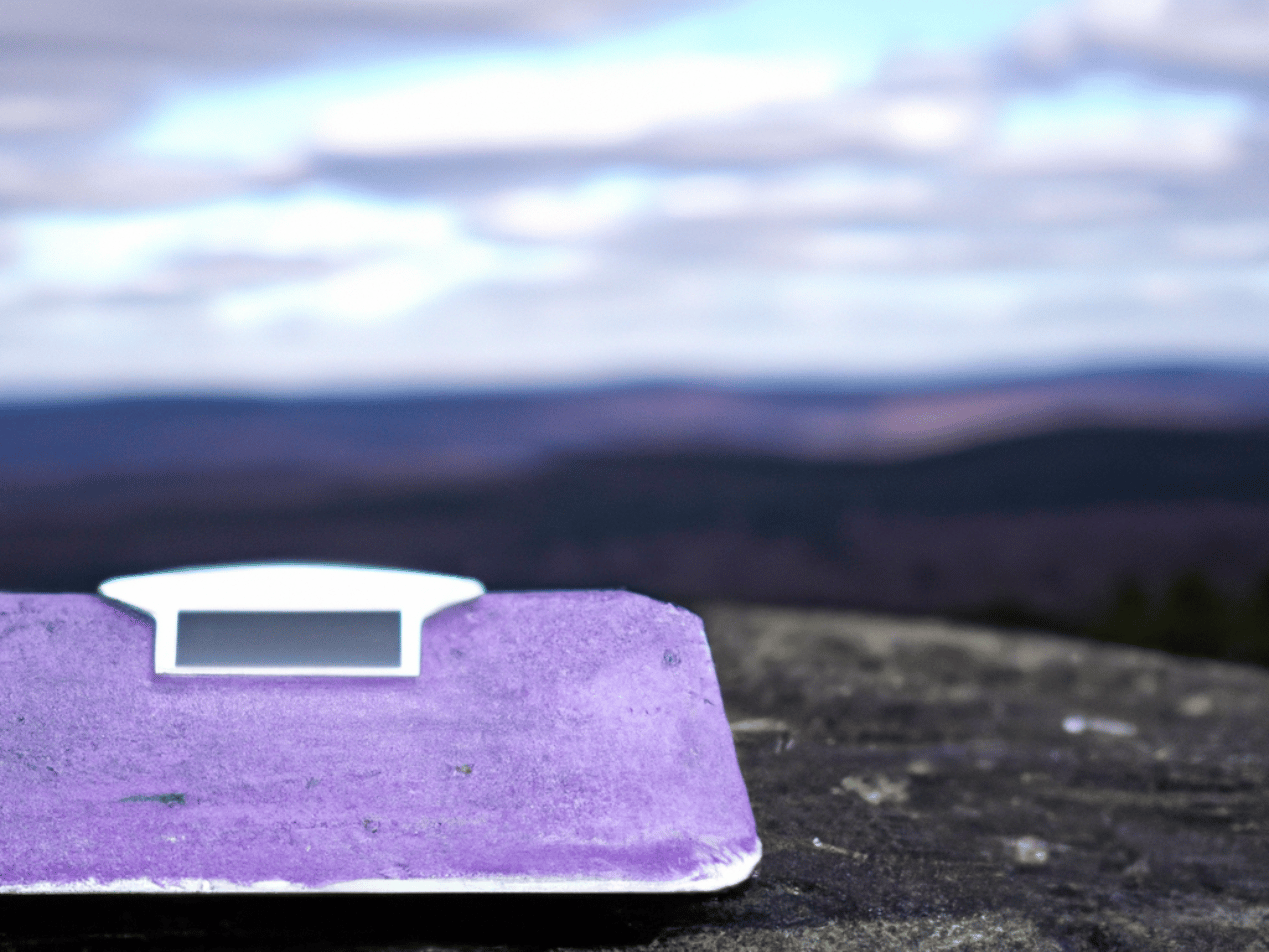
Marketers can comply with HIPAA while reaching their target audience by understanding core principles and implementing required safeguards.
HIPAA's stance on medical marketing
Under the HIPAA privacy rule, individuals have control over how their protected health information is used and shared for marketing purposes. The privacy rule requires written consent from individuals before their PHI can be used or disclosed for marketing. However, there are exceptions for certain communication related to healthcare operations.
The privacy rule defines marketing as making “a communication about a product or service that encourages recipients of the communication to purchase or use the product or service.” If a communication involves marketing tactics or language, the covered entity must obtain an individual's permission before proceeding.
However, there are situations where marketing authorizations are not required. For instance, a hospital may provide new mothers with a complimentary bag of baby supplies upon leaving the maternity ward. It's helpful to understand these exceptions to ensure compliance with HIPAA regulations.
Read more:
Key considerations for HIPAA compliant medical marketing
To ensure that your medical marketing efforts remain HIPAA compliant, it's important to implement certain practices and guidelines. Here are some considerations to keep in mind:
Be mindful of social media practices
When using social media platforms for marketing, avoid posting any patient information or PHI without explicit consent. This includes names, photographs, treatment information, or any other details that could potentially identify a patient. Establish clear rules and procedures for your staff regarding the usage of social media, including regulatory requirements and restrictions on what they can or cannot post.
Exercise caution with email campaigns
When running email campaigns, ensure that they do not contain any patient information or PHI without specific consent. If you use a third-party email marketing company, make sure they are also HIPAA compliant. All vendors, including marketing agencies, should sign business associate agreements (BAAs) to ensure the protection of patient data.
Conduct a compliance audit of your marketing website
If your website collects any information, it must be encrypted to protect sensitive data. This includes all web forms, contact forms, and appointment requests. Consider using HIPAA compliant customer relationship management (CRM) software that integrates with secure online forms. Your CRM should have security measures in place to protect PHI.
Evaluate traditional marketing channels
Traditional marketing channels like radio, TV, and print are generally considered HIPAA compliant since they target a broad audience without the need for personalized messaging. However, it's important to review your marketing messages to ensure they do not contain any PHI or violate HIPAA regulations.
Understanding email marketing for healthcare organizations
One of the benefits of effective email marketing is the potential to increase client retention and generate referrals. According to a 2023 report, the average open rate for healthcare-related email campaigns is 41.23%. HIPAA compliant email marketing allows healthcare organizations to communicate and engage with clients in a personalized and consistent way. By sharing relevant information, resources, and updates, healthcare organizations can foster a sense of connection and continuity.
Paubox’s suggestions
When it comes to HIPAA and healthcare email marketing:
- Healthcare marketing emails must abide by HIPAA regulations.
- Patients must authorize marketing email communications.
- Use Paubox Marketing to send personalized marketing emails including PHI - or better yet, cover your bases and use it for all marketing emails.
See also: HIPAA compliant email marketing: What you need to know
FAQs
Can I use patient testimonials in my medical marketing materials?
Yes, you can use patient testimonials as long as you obtain written consent from the patients and ensure that the testimonials do not disclose any PHI.
Is it permissible to use patient photographs in medical marketing campaigns?
Using patient photographs for marketing purposes requires explicit consent from the patients. Ensure that the photographs do not reveal any PHI and that patients are fully aware of how their images will be used.
Can I share patient success stories on social media?
Yes, you can share patient success stories on social media, provided that you have obtained written consent from the patients and have taken steps to de-identify any PHI.
What types of information should not be included in marketing emails under HIPAA?
Marketing emails should not contain any protected health information (PHI) unless patients have provided explicit authorization. This includes information such as medical diagnoses, treatment history, or any other identifiable health information.
Can I use email marketing to promote healthcare services or products while remaining HIPAA compliant?
Yes, you can use email marketing to promote healthcare services or products while remaining HIPAA compliant. However, you must ensure that any emails containing PHI are handled securely and that individuals' privacy rights are protected. This may involve encrypting emails, obtaining consent for marketing communications, and providing clear opt-out options.
Subscribe to Paubox Weekly
Every Friday we bring you the most important news from Paubox. Our aim is to make you smarter, faster.





